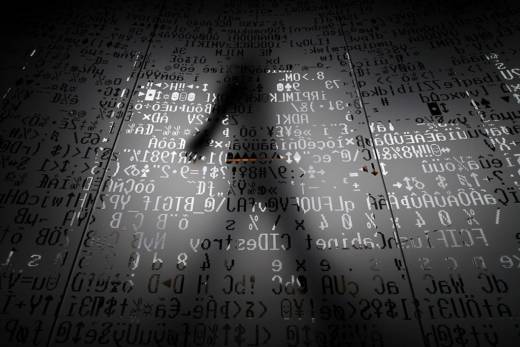For those of you old enough to remember when the internet first became a thing, you might recall that, back in the '90s, websites were boxy and boring, fun stuff like social media and YouTube didn't exist, and the people that mostly put things online were basically thought of as mysterious and hyper-intelligent mole-people.
Twenty years later, everybody and their grandmas are website-building, blog-maintaining, and photo-editing like it's always been second nature. This is largely thanks to the fact that, over the years, the aforementioned coding moles have found ways to shortcut and streamline everything, so us regular folks don't need a computer science degree to be useful and active online. However, of all of the most frequently used websites in America, there is still one that makes life a little harder than it probably ought to be in 2017.
Wikipedia -- the sixth most popular website in America -- can feel purposely set up to make editing difficult. If you think back to the mid-2000s when Wikipedia was frequently mocked for getting facts wrong, it's tempting to wonder if they've kept it hard to edit on purpose -- perhaps fewer people editing means fewer errors? In reality, Wikipedia is simply more complicated to edit than most other websites now, for a variety of old school technical and software reasons (and even those are hard to understand).
One of the main problems Wikipedia's editing interface has (at least partially) caused is a serious gender gap when it comes to the people who create and edit Wikipedia content. This has, in turn, created serious information gaps when it comes to profiling and dedicating pages to prominent women, whether they be female historical figures, artists, or authors.
In 2010, research done by the Wikimedia Foundation -- the company that runs Wikipedia -- discovered that around 87% of the website's editors identified as men. One of the first people to draw wider attention to that perplexing figure was Noam Cohen, a journalist for The New York Times who wrote an article in January 2011 titled "Define Gender Gap? Look Up Wikipedia’s Contributor List." Cohen's article demonstrated how a lack of female editors was affecting Wikipedia's content:


